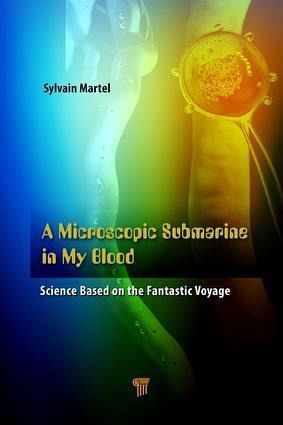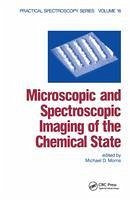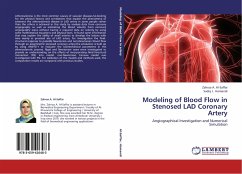
A Microscopic Submarine in My Blood
Science Based on Fantastic Voyage
Versandkostenfrei!
Versandfertig in über 4 Wochen
52,99 €
inkl. MwSt.
Weitere Ausgaben:

PAYBACK Punkte
26 °P sammeln!
This book describes at the introductory level how modern technology has made the scenario of the classic science-fiction movie Fantastic Voyage about a submarine and its crew members being shrunk to microscopic size and ventured into the body, a reality. Exactly 50 years following the release of the film, such reality takes the form of a medical interventional room capable of mimicking this scenario. Based on 15 years of intensive research and development by the world-leading team in this specific field, the book goes through the scenes of the movie and while explaining how it is implemented i...
This book describes at the introductory level how modern technology has made the scenario of the classic science-fiction movie Fantastic Voyage about a submarine and its crew members being shrunk to microscopic size and ventured into the body, a reality. Exactly 50 years following the release of the film, such reality takes the form of a medical interventional room capable of mimicking this scenario. Based on 15 years of intensive research and development by the world-leading team in this specific field, the book goes through the scenes of the movie and while explaining how it is implemented in this first-of-a-kind interventional facility.













